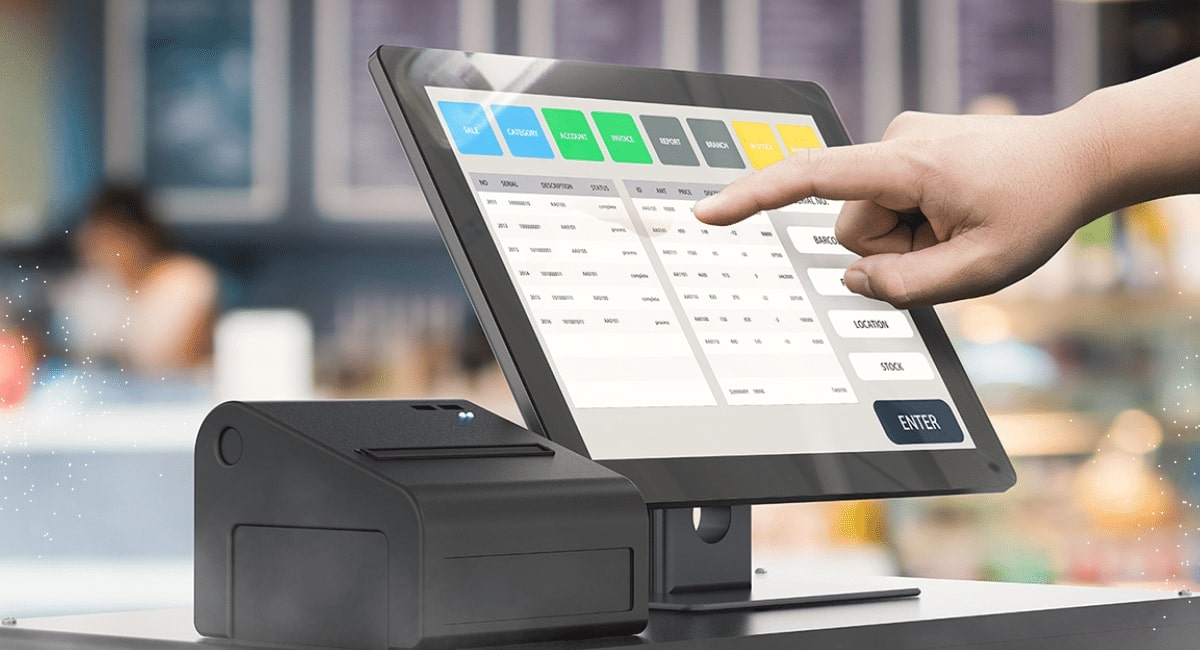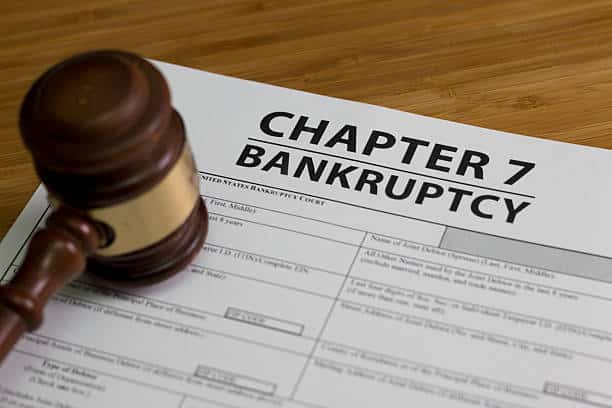Got an intriguing idea? Particularly one that offers a positive impact for the environment, world communities or sustainable goods? Well, Ulule can help launch it — and its team doesn’t just assist with funding, it lays a foundation by providing skills building, marketing strategy and other tools to ensure success.
Ulule (pronounced yoo-LOO-lay) is intriguingly named after the French word for the sound an owl makes.
“The owl is our symbol,” says Thomas Sychterz, Ulule’s CMO. “Why the owl and why that noise? There’s a symbolic nature of the name that you can find your way by following the call of the owl.”
Ulule launched in France in 2010 and has since helped more than 32,000 individuals and small businesses get funding. “Our platform is unique in that it is the only one that offers 100-percent support, coaching and an ecosystem for creatives and entrepreneurs looking to crowd fund,” Sychterz says. “That means, bluntly, 7 of 10 entrepreneurs who launch their campaign on our platform will get their startup money and we’ll help ensure they also have the skills an entrepreneur needs to do a successful business or project launch.”
Though not yet a household name in the United States, Ulule is considered one of the pioneers in the crowd-funding industry. In the 10 years since its founding, it has grown to be the largest platform across France, Italy, Spain, and Belgium. It came to Canada in 2016 and the U.S. in 2019.
Now it hopes to make its mark in the U.S., particularly in California, as it extends and renews its partnership with San Francisco-based Bank of the West to become a leading community-backed incubator of “positive-impact projects,” in an initiative called Spread Good.
“Our projects have a communal or community angle,” Sychterz says. “Our requirements are that we want the individual involved, committed and invest the time and energy behind it. We have a detailed vetting process and only accept about half our applicants but once we do, we will guide that person to set up their campaign in the most optimal way possible. Even if it takes extra time, we will provide partners and support to set them up for success.”
Ulule projects vary from small business startups and expansion capital or COVID-19 assistance to a one-off festival on climate change. Up to 90 percent of projects have a “give back” aspect, which as known as “impact crowdfunding.”
San Francisco-based Bank of the West recognized the value of not just assisting startups with funding but also providing professional guidance and skills development, which fits with its mission to assist new and small businesses, particularly those focused on positive-impact projects.
Michelle DiGangi, executive vice president, head of Small Business and Medium Enterprise, Bank of the West. “Through Bank of the West’s continued collaboration with Ulule, we’ll provide free, valuable resources to help early-stage entrepreneurs bring their ideas to life. The Ulule #SpreadGood program is one way businessowners can learn about new opportunities – such as crowdfunding or social media marketing – that can help them start and grow their businesses even in challenging times.”
The relationship with Bank of the West is particularly beneficial for both parties because Ulule has early vetting and development capabilities banks just don’t have. Banks can grant funding based on credit but that’s really the only control they have.
What happens next can make or break success.
With Spread Good, Bank of the West hopes to change that by, as DiGangi says, helping provide early-stage resources that go beyond funding yet are every bit as valuable.
“You may have the most amazing idea in the world, but do you know how to do proper communications or marketing or social media? We help with all of that, in addition to think about initial budgeting and organizational structure,” Sychterz says. “We’re assisting new-wave entrepreneurs focused on initiatives that are good for the planet, so the idea behind Spread Good consists of giving more value so these important plans are realized.”
Spread Good is a four-month, free-of-charge program for entrepreneurs who have been hit by COVID. It helps them fundraise through crowdfunding and it dedicates a whole team to helping those accepted create their campaign and get it out to the right audience, fully realized and ready to implement.
“One of the fascinating things is when people launch a crowdfunding campaign is you have to be organized,” Sychterz says. “When you reach out the crowd, you have to understand how to brand and tell your story, how to use social media. You end up learning lot. So yes, you do raise funds but the amount of knowledge you gain by doing a crowdfunding campaign – it’s like launching a business on steroids.”
Sychterz understands that now is an uncertain time to take a major risk because no one knows what the long-term effects of COVID-19 mean for new and small business.
“We thrive during crises because we become a tool that’s necessary when all other options fail,” he says. “We vet and add the intangibles to help entrepreneurs de-risk their businesses by getting them that first amount of funding. From there, they have a story to tell. There’s nothing more emotionally charged then an entrepreneur working hard, getting hit by this crisis, consumed by the world, and then boom! The luck changes and the funding comes through with the crowd’s help and they get that first $5,000 or $10,000 and they’re able to change their whole trajectory.”
Copyright © 2020 California Business Journal. All Rights Reserved.




